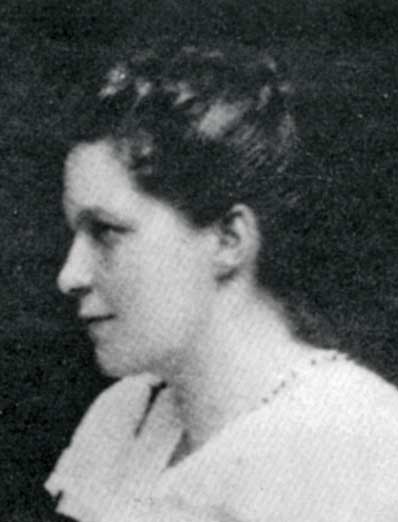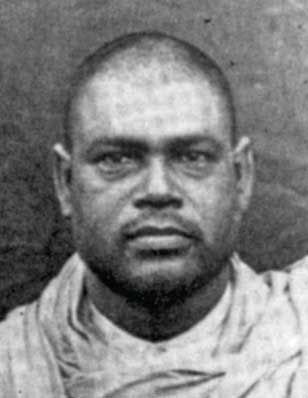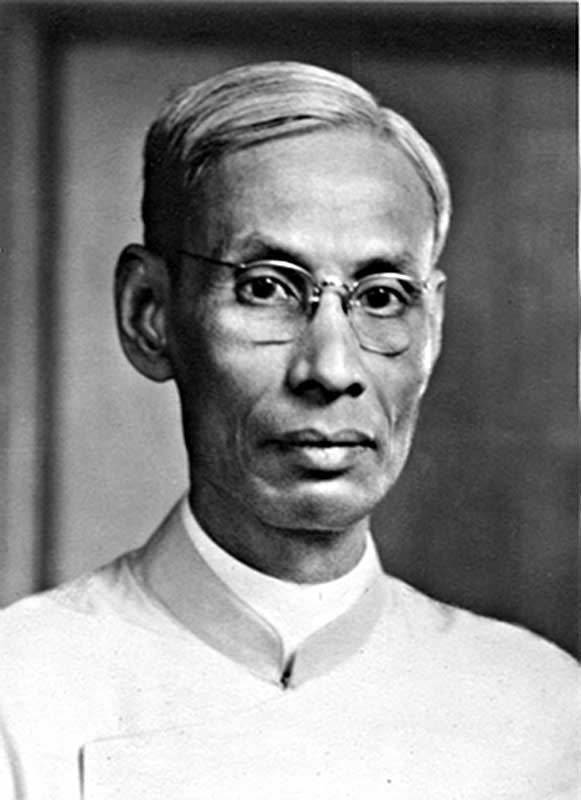
Three Pioneers
2011 marks the centenary of the passing of three stalwarts of the early Ramakrishna Vedanta movement: Swami Ramakrishnananda, Sister Nivedita, and Sara Bull.

Reminiscences of Swami Ramakrishnananda
Swami Ramakrishnananda stands as a towering figure in my Indian life. He was an inherent part of it from the moment when he waited on the station platform to greet me as the in-coming train brought me to Madras, until he leaned through the railway carriage window to give a parting word of counsel as the out-going Bombay mail carried me westward. There was always a bigness and a majesty about him that impelled.

Glimpses of Sara Bull
You have blessed to higher uses this home of ours by your presence. You have given us the pearl of great price. . . My husband worked here in this country during a period of some fifty years and gave his best. He would love you and your ideals. It was my privilege to learn how I might guard and shelter him in his work from the hurts that came to the spiritual in him from both friends and enemies.

Notes of a Bhagavad Gita Class by Swami Pavitrananda
Last week we were discussing what the body is composed of. To understand this, intellectual knowledge is not enough. Spiritual practice is also necessary: No pride, no display, no hurting of anyone in thought, word, or deed; one should be forgiving—not even react to harm done. One should have guilessness, calmness and serenity.

Nivedita Go Bragh
Ireland is a country that, like India, was dominated by foreign power for nearly a thousand years. Its sons and daughters struggled for long to get their political freedom and in the last few centuries the saying Erinn go bragh- Ireland for ever! became a rallying cry, somewhat like the Vande Mataram or Hail, Mother India of India. Irish culture is very ancient, with strong affinities with the culture of the Vedas, and its language is one of the European languages most akin to Sanskrit; but it has suffered terribly from foreign domination and only got partial freedom after the First World War.
How I Came to Vedanta
Bill Davis: My family is Jewish but my parents were atheists. Not crusading atheists, but people who had no religion in the household. Nothing having to do with God was ever mentioned.
Song: Ramakrishna, Be My Friend
A song by John Schlenck. Download a printable PDF file.
How Monastic Disciples Received Assurance of Sri Ramakrishna’s Living Presence After His Death
Compiled by Swami Yogeshananda On the day after Sri Ramakrishna died, “Golap Ma told us (the monastic disciples) that the Master had appeared to Holy Mother in a vision and had forbidden her to remove her bracelets. He said, ‘Have I gone to another place? Here I am. I have just passed from one room to another.’”
